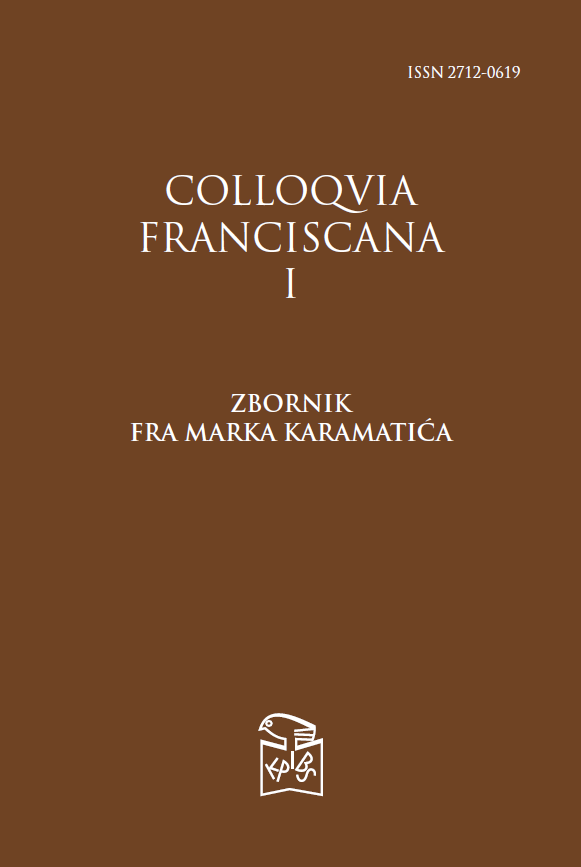Uloga hebrejskog načina razmišljanja u stvaranju povijesnoga mišljenja
The role of the Hebrew way of thinking in the creation of historical thinking
Author(s): Božo LujićSubject(s): Comparative history, Comparative Studies of Religion, Jewish Thought and Philosophy, History of Judaism, Biblical studies
Published by: Franjevačka teologija Sarajevo
Keywords: history; cyclical thinking; linear thinking; genealogy; little historical credo; prophetic understanding of history;
Summary/Abstract: This article starts from the fact of today’s generally accepted cognition that in the past only two nations the Greeks and the Hebrews had a conception of history. But their conception of history was fundamentally different. The Greeks understood history cyclically, based on the natural rhythm of time as the repetition of the same, while the Hebrews developed linear perceptions of history thanks to God’s experience in historical events which were interconnected in the whole. This process of creating historical opinion was long and arduous. The process of creating historical thinking began by emphasizing the meaning of genealogy in life. In the Hebrew language, called toledot, first began in the family, then in the clan and later in wider communities.
Journal: Colloquia franciscana
- Issue Year: 2019
- Issue No: I
- Page Range: 15-36
- Page Count: 22
- Language: Croatian

